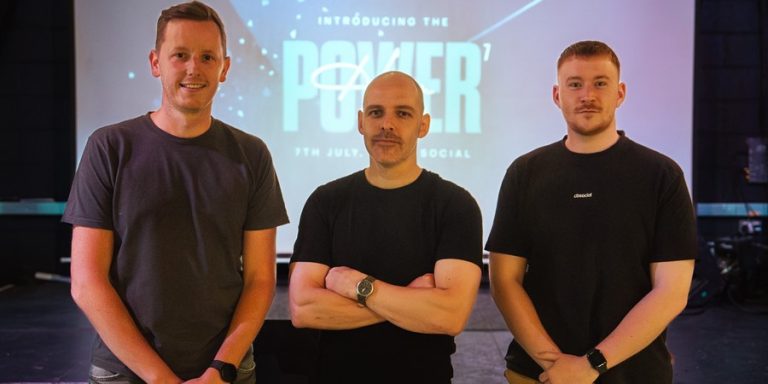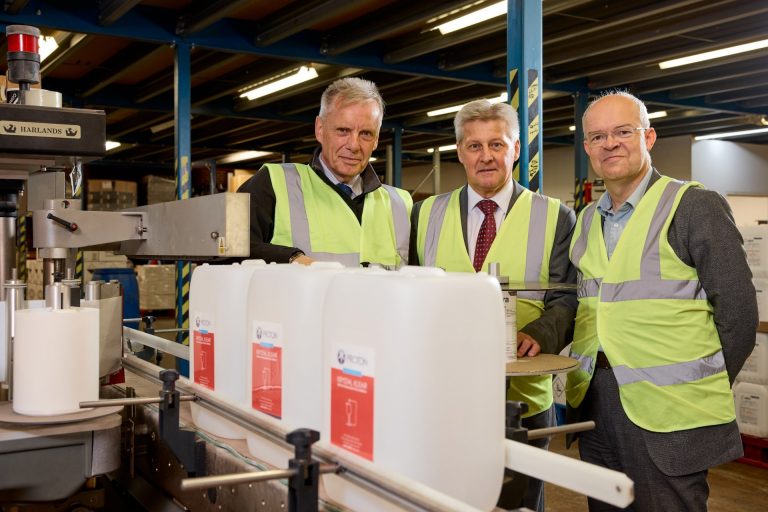The ‘Eastern Green Link 2’ (EGL2) project will see the creation of a 525kV, 2GW high-voltage direct current subsea transmission cable from Peterhead in Scotland to Drax in North Yorkshire.
The subsea HVDC cable system is approximately 436km in length with new converter stations at either end to connect it into the existing transmission network infrastructure. HVDC technology provides the most efficient and reliable means of transmitting large amounts of power over long distances subsea.
The EGL2 link will support the growth of new renewable electricity generation, creating jobs and delivering a pathway to net zero emissions targets, as well as helping to alleviate existing constraints on the electricity network.
Eastern Green Link 2 is part of the significant amount of new network infrastructure required for net zero and will play a critical role in supporting the UK’s future security of supply, reducing dependence and price exposure to volatile global wholesale gas markets.Carl Trowell, President of UK Strategic Infrastructure at National Grid said: “The government ambition of 50GW of offshore wind by 2030 demands unprecedented scale and complexity of action. It’s essential that we find new ways to work and unite as a sector to rise to this challenge and this joint venture with SSEN is a prime example.
“Eastern Green Link 2 is part of our Great Grid Upgrade, the largest overhaul of the grid in generations. This new infrastructure will connect more clean, renewable energy from where it’s generated to where it’s needed, helping contribute to lower energy bills over the long-term and make the UK’s energy more self-sufficient.”












